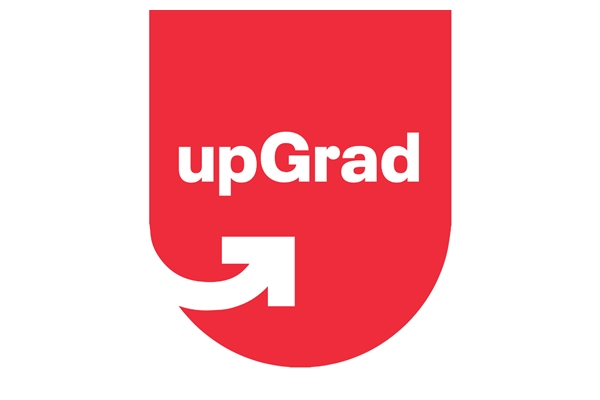The last two years have proved to be the golden age for the Indian edtech industry. But every good thing comes to an end, especially after the children are going back to schools, colleges et cetera and the funds are drying up for indian and global startups. Layoffs, cutbacks and restructuring have become the new buzzwords in the industry replacing words like inflexion point and boom that had become part of the Indian edtech vocabulary since early 2020. While the pandemic was undoubtedly a massive boost for the sector, now it has come crashing down like a pile of bricks.

The edtech bubble bursting?
The biggest bulwarks of the edtech sector — BYJU’S and Unacademy — are going through a rough time. In the case of BYJU’S, it’s also the highest valued company in India and the world’s highest-valued edtech startup.
Edtech space is facing the heat to keep up with the changing times.
In early April, Unacademy laid off around 600 employees on account of non-performance and role redundancy. The company in a statement said that it was part of a regular appraisal process and reevaluation. The latest edtech to join the layoff bandwagon was Vedantu, which laid off 200 of its employees -- 120 contractual and 80 full-time – citing load rebalancing. Almost all of those laid off were from the company’s academic teams, working as assistant teachers.
Reasons for change
One of the biggest reasons for ed-techs resorting to cost-cutting is the tapering demand for online education as offline educational institutions/schools open up. To attract students, Vedantu recently launched Ai Live, an interactive platform to help bring down the fee structure for a one-year long-term course for grades 6 to 12 from Rs 22,000-25,000 a year to Rs 5,000 annually. Experts say that the intensity of activity in the segment in terms of hiring, investments, and new enrolments may come down as more offline classes begin to resume.
The pandemic years have also created screen fatigue for learners. As per a survey by the Ministry of Education, 80% of students found remote learning ‘burdensome’ and also missed their peers. This changing attitude will also hit new customer acquisition and also threatens the existing base which might shift to an offline mode.
Consolidation Phase
Redundancy in jobs is also because of techs entering a consolidation phase in terms of acquisitions and mergers, suggest experts. Byju’s, the world’s most valued startup has made 16 major acquisitions since 2017 – nine of which were in 2021 alone. Unacademy, India’s second most valued edtech startup already has 11 acquisitions under its belt. upgrade, which turned into a unicorn last year also has made about nine acquisitions to consolidate its position in the segment.
Offline Push
Role redundancy and layoffs are also because ed-techs are forced to look towards a hybrid model – to be present both online and offline. Byju’s acquisition of Aakash for a whopping $1 bn was a long-term plan. Aakash has more than 200 brick-and-mortar centres and a student count of 2.5 lakh. It can help Byju’s reach tier II and tier centers, which the edtech giant hasn’t quite been able to tap yet. It also announced the launch of BYJU'S Tuition Centre, a comprehensive program that blends offline and online learning experiences across 200 cities. The edtech plans to enroll one million students into this program in the next two years through its 500 centers.

Unacademy, too, is looking to tap the offline space by recently launching its first experience center in Delhi. It is the first of four stores to be launched in Kota, Jaipur, and Lucknow, besides its current location. The stores will serve as a touch-point for potential students and parents who might want to talk to sales representatives before signing up for a course online. upgrade, forayed into the test preparation market by acquiring The Gate Academy, which has some 50 centers across India. It has been rebranded as ‘upGrad Jeet' and will focus on the Hindi-speaking small-town folks who are looking for mid-scale government jobs.
Edtechs, clearly, know they need to adapt and pivot. In doing so, they may have to relook at their employee mix and if need be, resort to ‘load rebalancing’.
Crisis Management
Whatever the reasons, layoffs aren’t the best way to manage/cut costs or scale-up. What’s needed is a well-defined HR structure and policy, suggest experts.

Whether the edtech bubble is going to burst or will the segment thrive; only time will tell. But as of now the issues of valuation versus value – high valuation of ed-techs as against the actual outcomes; acquisition costs versus profits; return to investors versus educational progress and offline versus online, is what will decide the sector’s fate in the years to come, and also of their employees. Plus, with VC funding slowing down ed-techs and startups in general need to preserve whatever cash they have.

.png)



